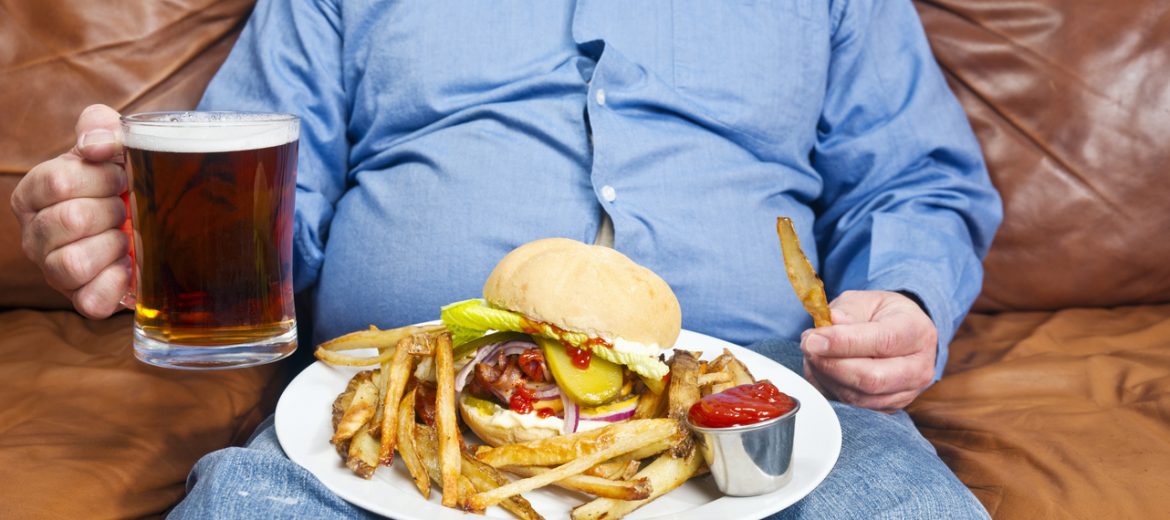Sugar Addiction (part 2). 6 Things You Can Do to Control Your sugar Intake

In part one of this series, we talked about “addiction” to sugar. Perhaps you identified how sugar is affecting you both physically and emotionally. Or maybe you have just decided to avoid sugar to help with weight loss. Americans, on average, consume 20 teaspoons of sugar daily.
6 things you can do to control your sugar intake
- Start by examining your food choices and reading labels both in and out of the home. Look for hidden sugars on labels (often ingredients that end in “ose” such as high-fructose corn syrup, glucose, sucrose, dextrose).
- Consider foods already in your pantry and refrigerator, food items in the grocery store, as well as options when eating out.
- An obvious source of sugar is junk food. Stay away from foods found in vending machines that have excess sugar (as well as fat and salt). This includes:
- Sweets such as doughnuts, cookies, candy.
- Starchy snacks such as chips, and crackers.
- Sugary beverages such as soda, sports drinks, fruit drinks, certain coffees and ice teas.
- Watch out for low fat or free fat products. Many low-fat or fat-free products have extra sugar in them to make the products taste better. These “diet foods” can lead to excess sugar and calories.
- Limit your natural sugar intake. Your brain doesn’t differentiate table sugar from “more natural” sugars such as honey, maple syrup, brown sugar or raw cane sugar.
- Eat low carb foods. Sugar is found naturally in foods such as milk (lactose) and fruit (fructose). Even complex carbohydrates such as cereals, breads, pasta, and rice act like sugar once they are broken down.
- Be mindful of how you dress your salads. You may be surprised by your choice of salad dressing, peanut butter, spaghetti sauce, and even condiments such as ketchup and barbecue sauce.
Replace Sugary foods with proteins and high fiber vegetables
Sugar affects both the brain and the body. We’ve already discussed how in some people, sugar may trigger the reward and pleasure center of the brain similar to other addictive substances. If you are having food cravings, you may want to examine what you have been eating recently and see if extra sugar is creeping into your diet.
Eating sugar in various forms can also cause blood glucose spikes in your blood stream. The result is insulin kicking in, dropping your blood sugar, and causing you to crave more sugar. By repeating itself, this cycle of peaks and valleys in your blood sugar can lead to fatigue and weight gain.
Make an attempt to replace sugary foods with protein and high fiber vegetables that will release glucose slower. By stabilizing your blood glucose, you may feel better overall and less hungry.












